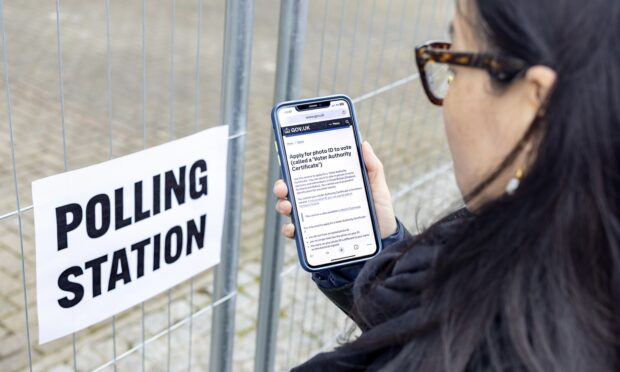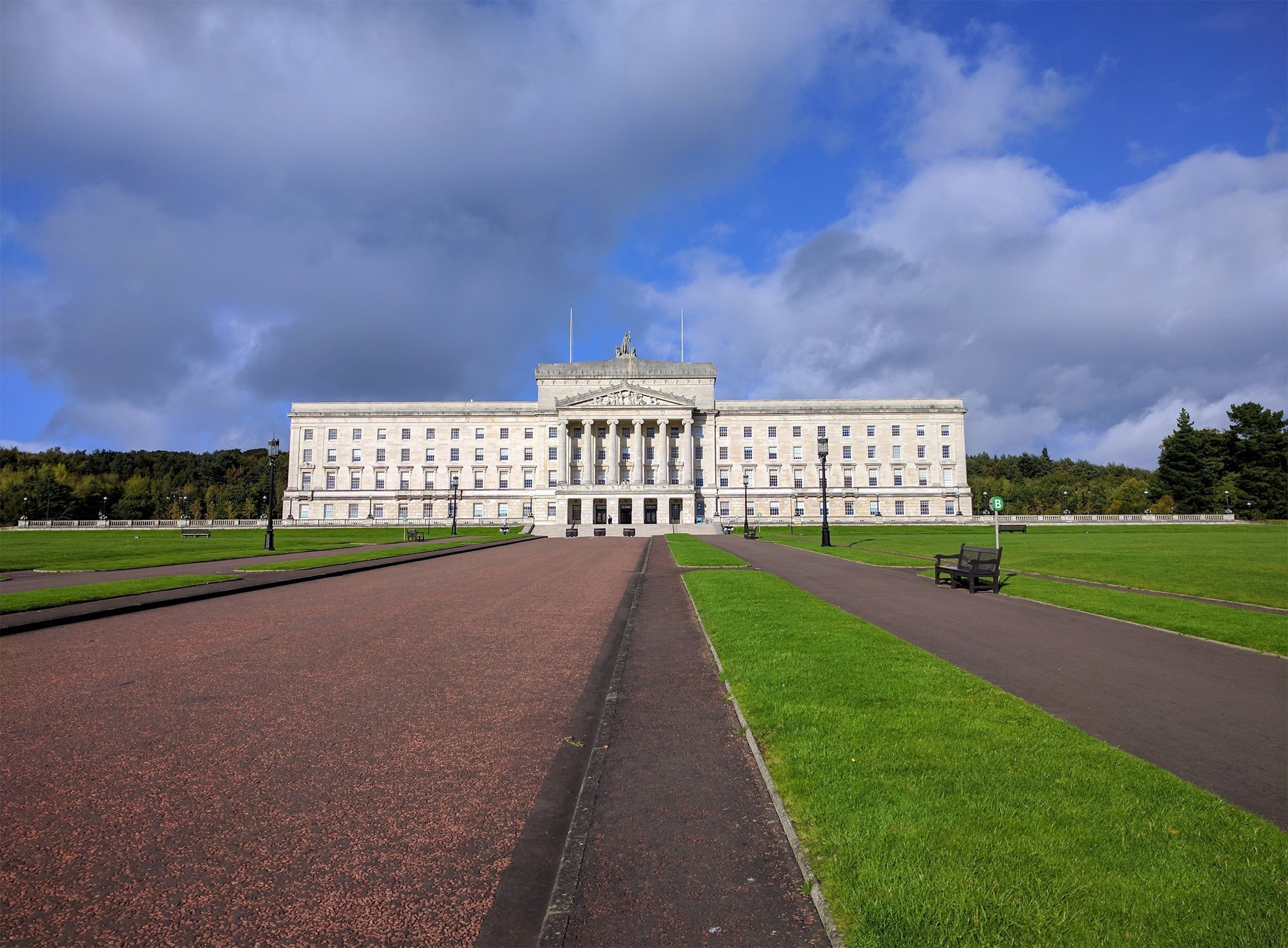MPs have asked for emails and diaries to be provided to support investigation of rule-breaking gatherings
Credit: Paul Bloch/Pixabay
Members of parliament’s Privileges Committee have demanded an array of workforce data for staff at 10 Downing Street as part of their inquiry into Boris Johnson’s conduct in relation to the Partygate scandal.
In an update on its ongoing inquiry, the committee said it had demanded a host of documents related to eight dates between May 2020 and January 2021 that were significant for Partygate events.
MPs are seeking the PM’s diaries for the days in question; email invites sent out for events at Downing Street; all photographs taken by official No.10 photographer Andrew Parsons on the dates in question; and data on the number of Downing Street staff off work with Covid on those dates.
Also being sought are any resignation emails, or correspondence relating to the departure of No.10 staff; details of all advice and assurances received by Johnson, or commissioned by his office, about events on the specified days; and the number of civil servants disciplined in relation to any event included in the timeline, broken down by grade.
The panel is probing whether the prime minister misled parliament with his December 2021 claims that regulations designed to prevent the spread of Covid were followed “at all times”.
Related content
- 10 Downing St offers over £100k for data science whizz
- Parliament to delete data on MPs’ attendance after ministers decry FOI release
- Researchers detect ‘multiple spyware infections’ of Downing St and FCDO since 2020
His account has been comprehensively undermined by Cabinet Office second permanent secretary Sue Gray’s investigation into rule-breaking get-togethers in Downing Street and other parts of Whitehall in 2020 and 2021 – and the Metropolitan Police investigation that saw 126 fixed-penalty notices issued.
Johnson, his wife Carrie, chancellor Rishi Sunak and former deputy cabinet secretary Helen MacNamara were among the 83 FPN recipients. Some of those fined for breaking the emergency public-health rules designed to save lives and protect the NHS received more than one penalty notice.
In February, Johnson’s chief of staff Dan Rosenfield, principal private secretary Martin Reynolds, and director of communications Jack Doyle all resigned in what was seen as a reaction to the escalating Partygate scandal.
Separately, Privileges Committee chair Harriet Harman has written to cabinet secretary Simon Case urging him to draw civil servants’ attention to the inquiry into Johnson’s conduct and to remind them that MPs are not looking to attribute blame to officials or former officials.
“Any submissions accepted as evidence by the committee will be protected by parliamentary privilege,” she said. “The committee is willing to take oral or written evidence from people who wish to remain anonymous, subject to the chair being able to identify the individual’s identity in conjunction with committee staff, as well as the relevance and probity of their evidence.”
Harman said the committee would accept evidence from Cabinet Office and No.10 officials – as well as former officials – up to 15 August.
She added that the MPs were also keen to arrange a visit to No.10 and the Cabinet Office to see the various sites of the Partygate events.



